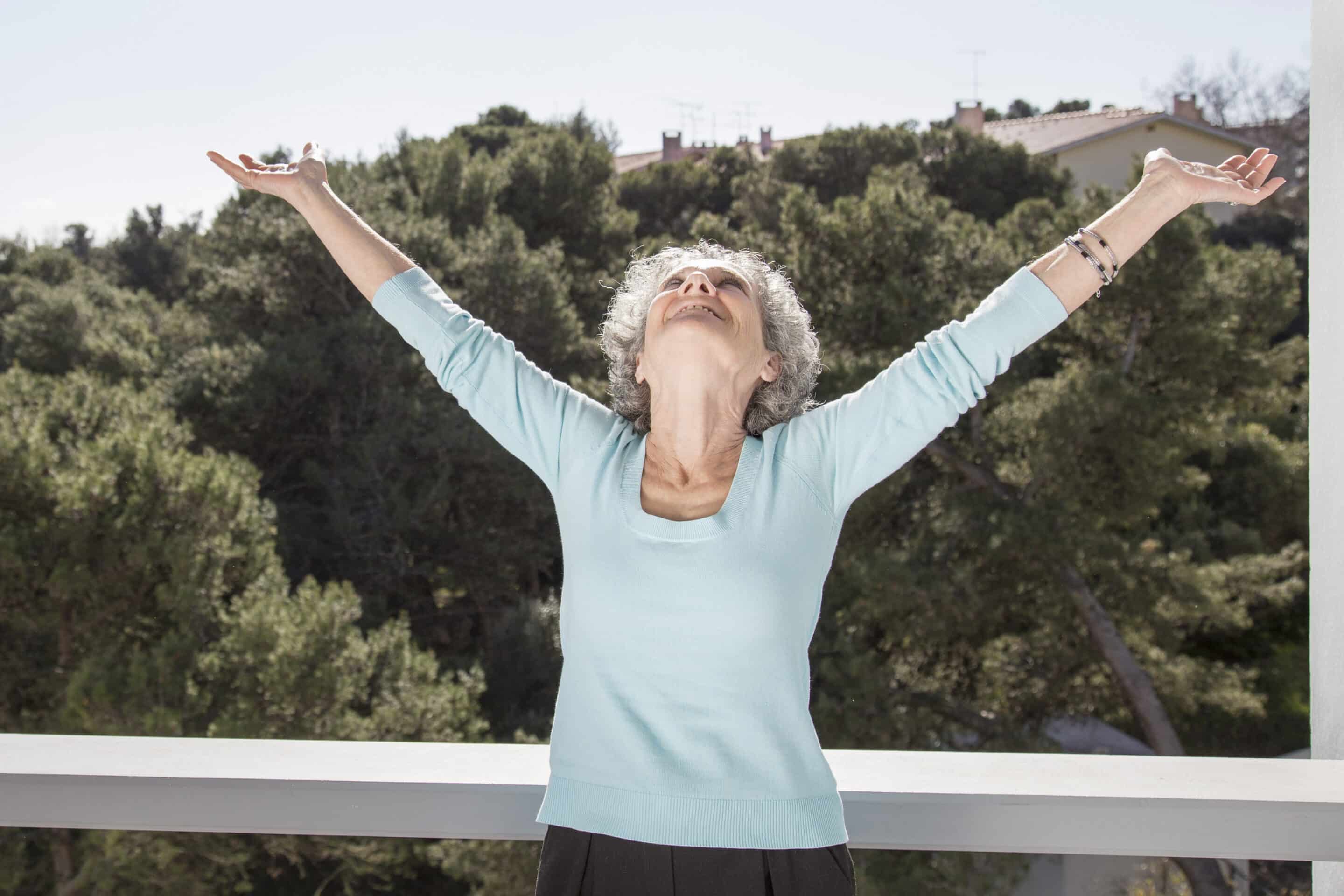By Janet D’Agostino MA, MSN, DM, RN, Clinical Supervisor
All of us seniors remember the old posters we used to stare at when we were younger that displayed some young, fit men or women and how we wanted to look like them. We thought that if we looked like them, then our lives would magically be perfect.
Well, real life is not like that, but who is to say that because 50-60 years have passed, we can’t still look good? We can and we will if we focus on what is needed at this time of our lives. Good health habits and regular exercise are necessary at any age, but as we get older, they become more critical.
As we age, we lose bone density at the rate of 2% per year, which promotes an increase in osteoporosis, particularly in women. With bone loss, we become frail, less able to lift items, and more likely to sustain a fracture. Once a senior sustains a fracture, they are at a much greater risk of needing someone to care for them permanently or needing a facility.
Routine exercise will strengthen the muscles and lessen the need for the joints to do all the work. Strong muscles assist our joints in getting up and down, greatly improving osteoarthritis pain. It also improves balance, coordination, and the ability to walk. Exercise improves immunity due to its anti-inflammatory effects. It lifts immune cells, which in turn lifts our mood. Exercise increases serotonin in the body, making us more joyful and optimistic.
A hefty percentage of seniors have issues with obesity, blood sugar (glucose levels–diabetes), blood pressure (strokes), and lipids (and resulting cardiovascular issues). All of this can and will improve if we choose to take on an exercise program and healthy eating.
We know this is easy to talk about and much more difficult to actualize, but the benefits outweigh the losses we incur from not doing what we should be doing.
Healthy eating can be as simple as cutting down on what you eat in half. Other times, the “sweet thief” is the culprit. Use a smaller-sized plate if portion control is your trigger. Don’t buy or bake sweets if you can’t control the urge. Use the oven to bake rather than to fry. Use herbs rather than butter (fats and sodium—salt) to season your food. Eat a better balance of food. More protein, less fat, and 4-5 servings of fruits and vegetables. Never add salt to food. Reduced sodium improves blood pressure.
In combination with healthy eating, a senior needs a well-rounded exercise program, including aerobic exercise, strength resistance training, and stretching and flexibility. This translates into brisk walking, doing some weights, and some floor exercises. Walking only costs something other than outside walking around the block or to your nearest mall to stay in the warmth.
Weights can be as simple as finding a 2- or 5-pound weight at a Walmart, Target, or similar for a small amount of money. Stretching can be motivated by getting on the internet, finding an exercise program for seniors, and going along with it. Getting exercise does not have to be expensive, although if you like gyms and programs and can afford it, that would be great too.
Take the time to improve your life and give yourself more years of healthy living. Living your best prevents needing to be cared for by others or spending your last days in a facility. None of us knows anyone who would choose that life for themselves if they could have an alternative choice.
If you or someone you care about needs additional support to help cope, The Option Group is here to help. Don’t hesitate to contact our professional care management team for assistance.
About The Option Group: Founded in 2010, The Option Group’s compassionate team of experienced Certified Life Care Managers and Educational Advocates provides services for families, their loved ones, medical professionals, and professional family advisors in Maryland, Northern Virginia, Southern Pennsylvania, and Delaware. The firm understands the challenges of caring for individuals who need assistance throughout their lifespan due to aging, dementia, disability, or serious illness. Our skilled providers possess over 100 years of combined experience navigating the healthcare maze and accessing hundreds of resources. The Option Group helps families spend quality time with their loved ones, providing clear choices that lead to better care. For more information, visit www.theoptiongroup.net or call 410-667-0266 (MD) or 717-287-9900 / 610-885-8899/ 215-896-6756 (PA) or 302-858-6449 (DE). For Minor & Young Adult Life Care Management or Educational Services, call Mary Jo Siebert at 410-967-0122.

